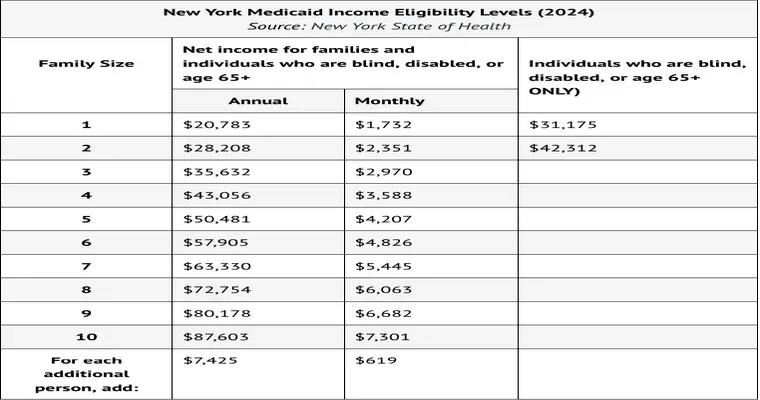Navigating "Medicaid eligibility" can be complex, especially when it comes to understanding how "joint bank accounts" influence the process. Many individuals and families are unaware that sharing a bank account with someone else can impact their financial status, which is a crucial factor in determining eligibility for Medicaid benefits. This article aims to clarify how joint bank accounts can affect your Medicaid eligibility and what steps you can take to ensure compliance with the program's requirements.
When applying for Medicaid, financial resources are carefully evaluated. This evaluation includes assessing bank accounts, investments, and other assets. Joint bank accounts, which are held by two or more individuals, can complicate this process. The funds in a joint account are considered available to all account holders, which means that the entire balance may be counted towards the asset limit for Medicaid eligibility. This can pose a significant risk for individuals who are close to the asset threshold.
For example, if one partner in a joint bank account applies for Medicaid, the entire balance of that account could be attributed to them, even if the other account holder contributed significantly to the funds. This situation can lead to unintentional disqualification or delays in receiving essential health care coverage. Therefore, it is crucial for individuals seeking Medicaid to be aware of how their financial arrangements can affect their eligibility.
To mitigate the impact of joint bank accounts on Medicaid eligibility, individuals should consider a few strategies. First, it may be beneficial to separate personal funds from shared accounts. If possible, maintaining individual accounts for personal expenses can help clarify ownership of funds during the Medicaid application process. Additionally, understanding the nature of contributions to a joint account can provide insights into how they are viewed by Medicaid authorities.
Moreover, it is essential to keep thorough records of all transactions in joint accounts. Documentation demonstrating the source of funds and the contributions of each account holder can be invaluable. This transparency can help clarify the ownership of funds and potentially alleviate concerns regarding asset limits.
Another strategy is to consult with a financial advisor or attorney who specializes in Medicaid planning. They can provide tailored advice and help navigate the complexities of joint accounts and Medicaid eligibility. Professional guidance can ensure that individuals make informed decisions that do not inadvertently jeopardize their eligibility for vital health services.
In conclusion, understanding how "joint bank accounts" affect "Medicaid eligibility" is critical for anyone considering applying for these benefits. By being proactive in managing finances and seeking professional advice, individuals can protect their eligibility while ensuring that they have access to the healthcare services they need. Being informed about the implications of joint financial arrangements can help avoid costly mistakes and ensure a smoother application process for Medicaid benefits.





